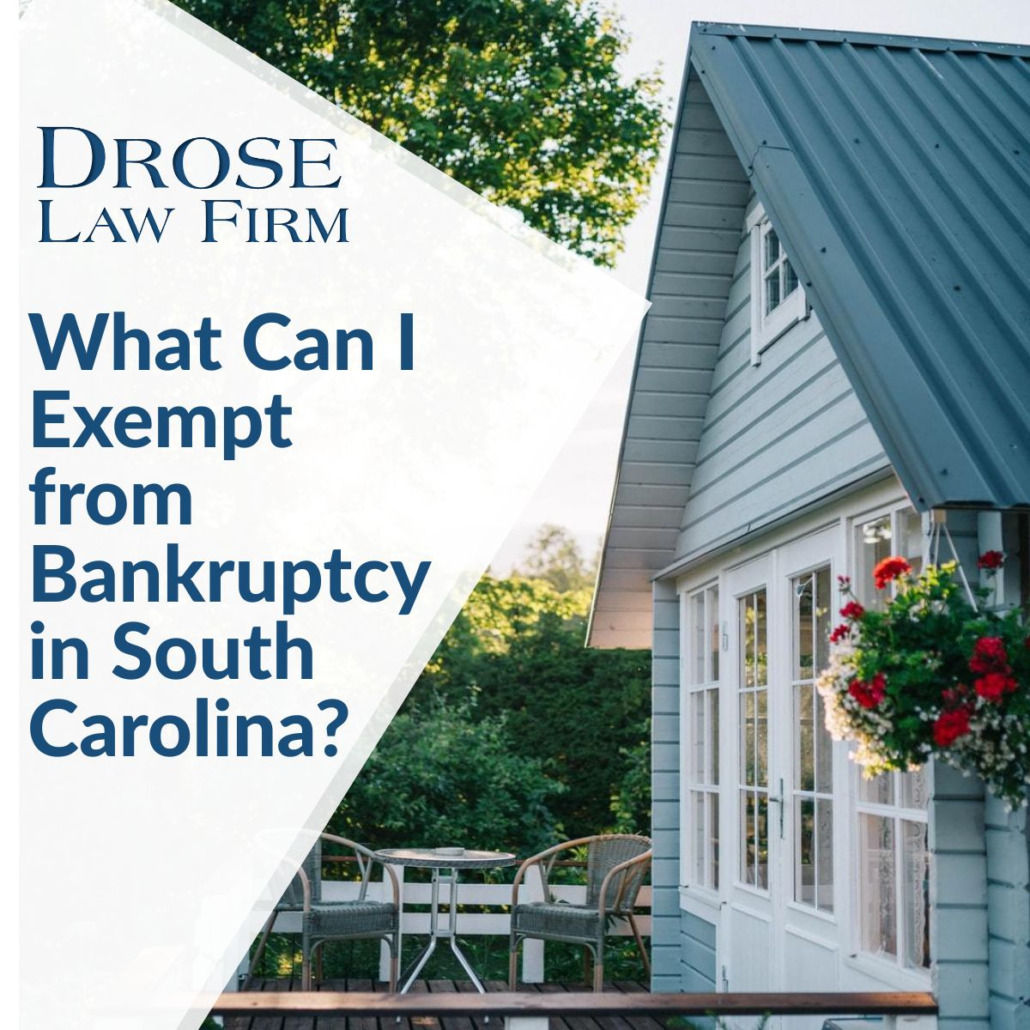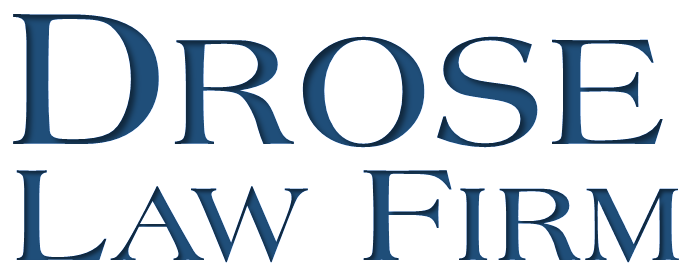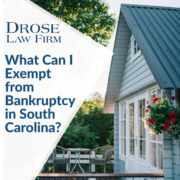What Can I Exempt from Bankruptcy in South Carolina?

Many of the clients who come to us are fearful that they will “lose everything” when they file bankruptcy. This is simply untrue. While you may lose some assets, there are provisions for certain assets to either be partially or fully exempt. It is extremely important for you to disclose all of your assets, property, equity, retirement accounts, etc. to your bankruptcy attorney. Our next series of articles will discuss some of the different types of assets that may be protected during the bankruptcy process. Let’s get started:
Equity in Your Home
In most cases, you can protect a portion of the equity you have in the primary home that you declare as your residence. Your bankruptcy lawyer can tell you how much equity may qualify for exemption based on your marital status and the current amount allowable under South Carolina law.
Some Personal Property
Some personal property may qualify for exemption from bankruptcy. While you will need to discuss this in depth with your bankruptcy attorney, examples of personal property that may be exempt include books, clothing, household goods, appliances, jewelry, firearms, crops, burial plots, and animals.
Our next article will cover more types of assets that may be protected under South Carolina bankruptcy law.
When it comes to filing bankruptcy, Charleston residents and those in surrounding areas have trusted the Drose Law Firm for more than three decades. Our bankruptcy lawyer handles only debt resolution cases. Whether you have a simple bankruptcy or a complex filing, our bankruptcy attorney is happy to review your case. Give Drose Law Firm a call to schedule a consultation today.






